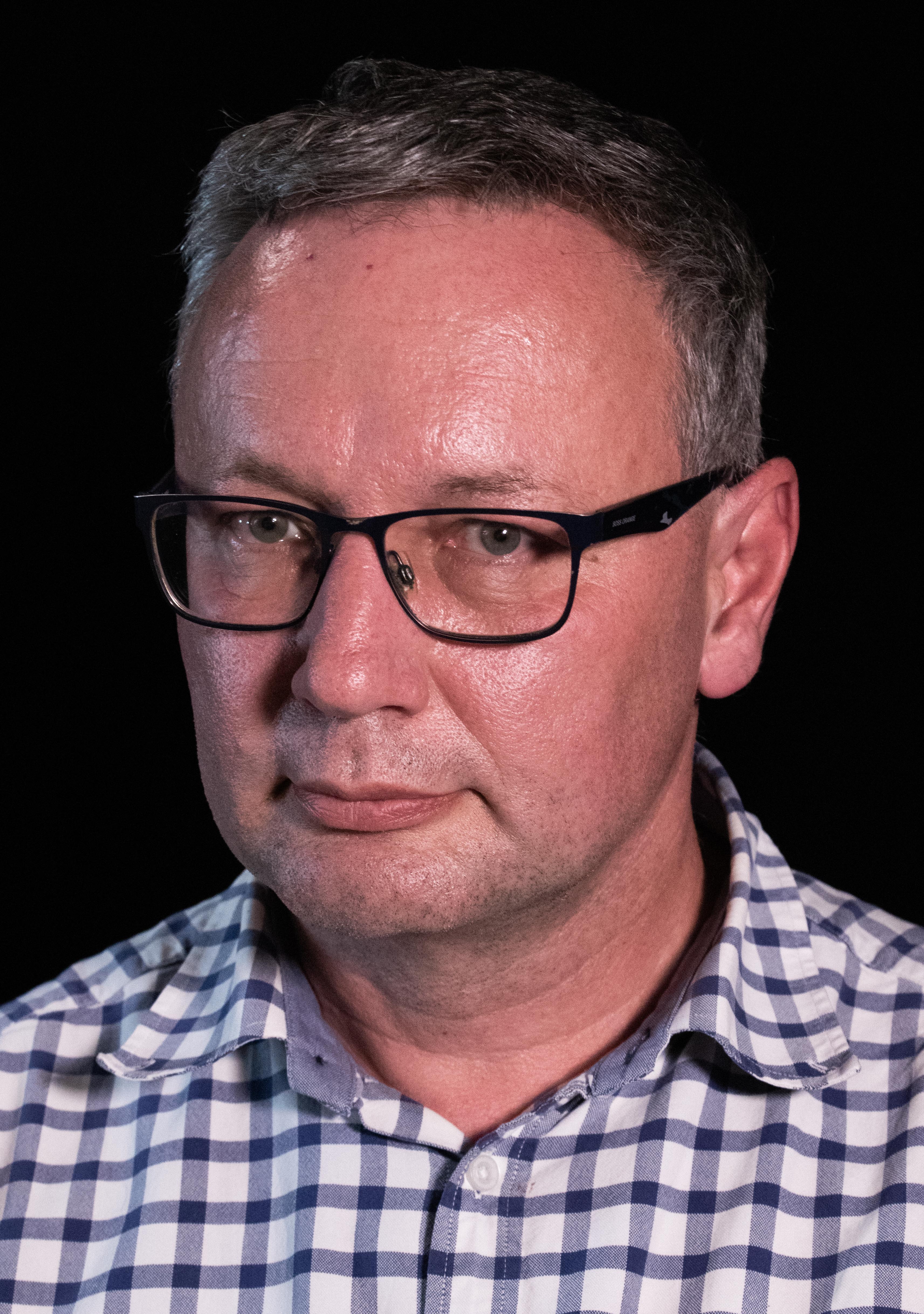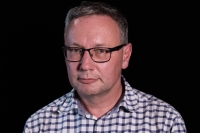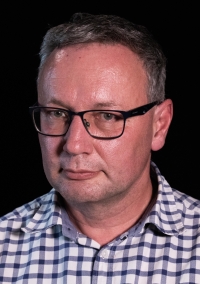We grew up in lousy clothes, we studied terrible schools, no one in the West would have ben interested in us

Download image
Jan Šícha was born May 9, 1967 in Ústí nad Labem where he lived until his twenty-second birthday. His mum Brigita Šíchová, née Czeke, was half-German and a native of Ústí. Father Jiří came from South Bohemia and worked as a chemist. Jan’s grandfather Ernest Czeke, a native of Ústí, served with the Wehrmacht during the war, left for the Eastern zone of Germany after the war and never met with the family again. The family history awoke Jan’s interest in history and the German culture. He tried to avoid being drafter after graduating high school and started studying at the Faculty of Pedagogy in Ústí nad Labem in 1968. He was actively engaged in the Velvet Revolution. He was one of three main organizers of the student strike in Ústí nad Labem. Later on, he moved to Břevnov in Prague together with his wife where they subsequently bought a historic house. He worked in the Museum of Czech Literature for five years. Until 2017 he worked at the Ministry of Foreign Affairs in the Central Europe Division and spent several years in Germany. He founded the Czech Centre in Munich. For eight years he was also the coordinator of Collegium Bohemicum museum collections in Ústí nad Labem.

